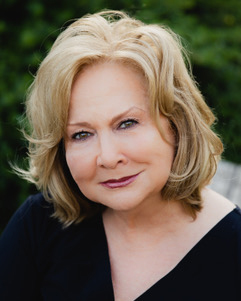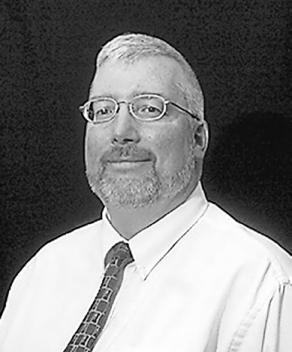Congress can help keep kids out of poverty
In 1964, President Lyndon Johnson declared war on poverty. Since then, taxpayers have spent more than $20 trillion on anti-poverty programs that achieved mixed results.
In 1964, President Lyndon Johnson declared war on poverty. Since then, taxpayers have spent more than $20 trillion on anti-poverty programs that achieved mixed results.
Library users here and across Missouri do not need the secretary of state to open the door to book banning, and citizens should tell Secretary of State Jay Ashcroft exactly that. Ashcroft has proposed that libraries have written policies on the age appropriateness of materials – something libraries already do.
Progress can be painfully slow in the American constitutional system. That makes it all the more important to recognize when the process works as it should.

When we want to describe a world that is chaotic and dangerous, few metaphors are more apt than “jungle.” We say, “It’s a jungle out there.” Robert Kagan puts the term to good use in his 2018 book “The Jungle Grows Back.” He argues that the “liberal world order” that we have come to regard as inevitable is actually a mythical seven-decade reprieve from history- as-usual that began after World War II. For thousands of years, the story of humankind, Kagan says, is more accurately described as a “long tale of war, tyranny, and poverty.” These millennia were characterized by repression and disregard for the rights and interests of individuals.
Joann Woody, executive director Red Cross of Greater Kansas City and Northwest Missouri To the editor: 2022 has been a year of crises — both seen and unseen — for families and communities. The big crises the American Red Cross has responded to include flooding, tornadoes and daily home fires locally, and we’ve seen responders across the U.S.
Since the start of the pandemic, Congress has provided public school districts with $190 billion in relief funds, roughly triple what the federal government spends on K-12 education in a typical year. This infusion has handed schools an opportunity to start repairing the damage caused by remote learning. Far too many are in danger of squandering it.

Public trust in the Supreme Court has dropped sharply, a Gallup poll found this fall. It’s hardly surprising, given an array of recent factors involving the justices, their opinions and supporters.
Approaching year three of a global pandemic, it’s shocking that the U.S. is still debating whether workers should be allowed to take time off work when they’re sick or need to see a doctor.

Where do random thoughts come from? What makes them pop into mind for no apparent reason? And why can I recite a poem I learned long ago but cannot for the life of me recall where I left my phone? It can take hours to find it. The phone, not the poem.

Fifty years ago, gas often ran about 19.9 cents a gallon, and “gas wars” would occasionally lower it from that. Then there was a real war in the Middle East and an OPEC embargo, and prices jumped – scandalously – to the 39.9 range. Later in the decade, we got even higher prices and thought it was the end of the world.